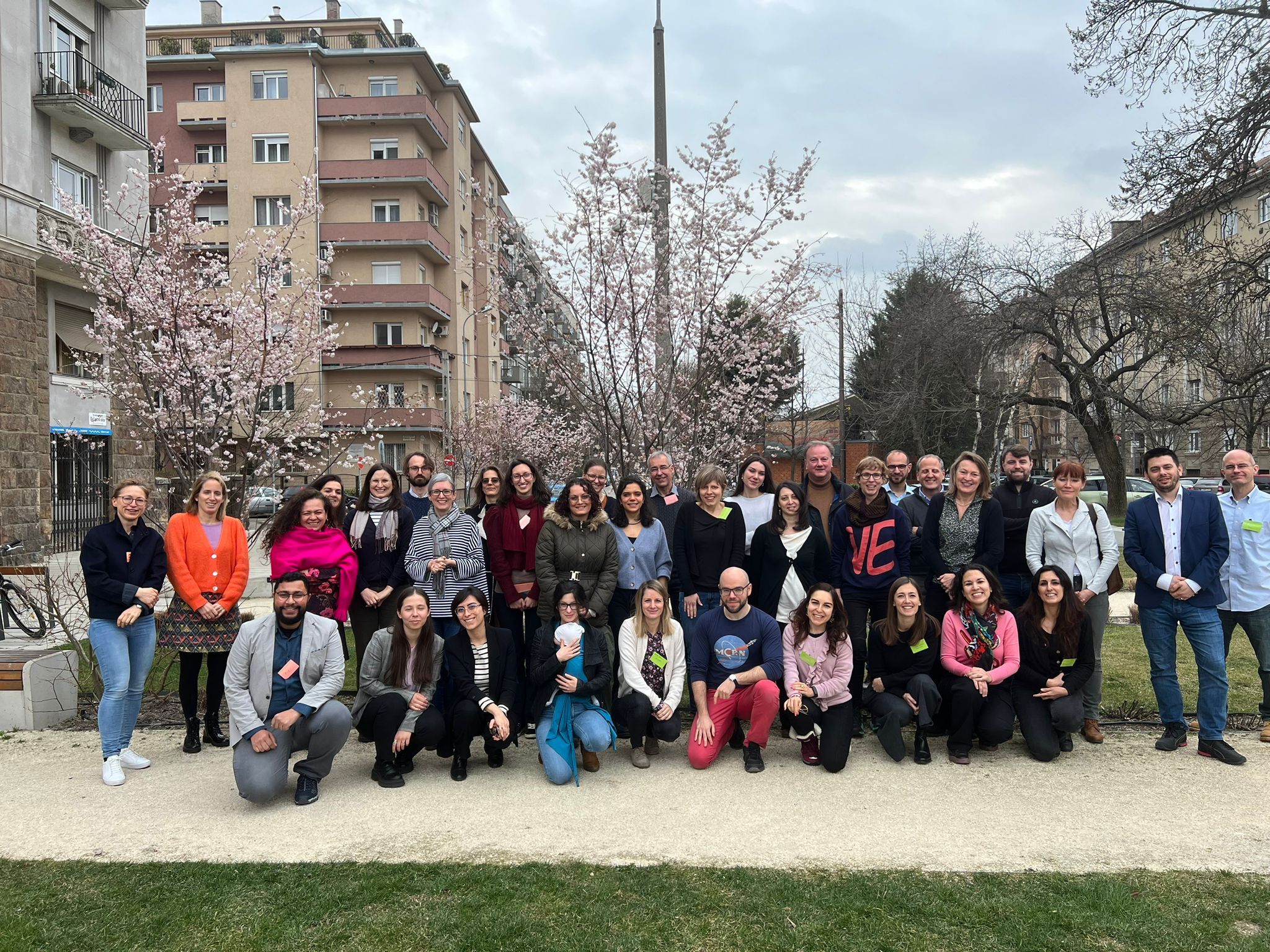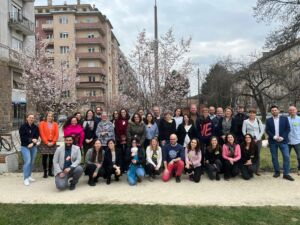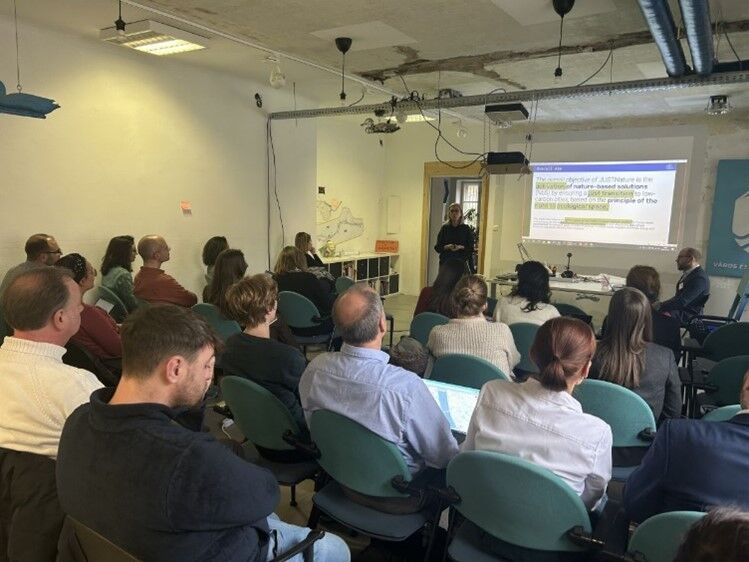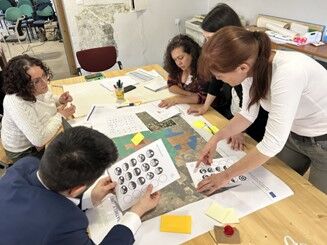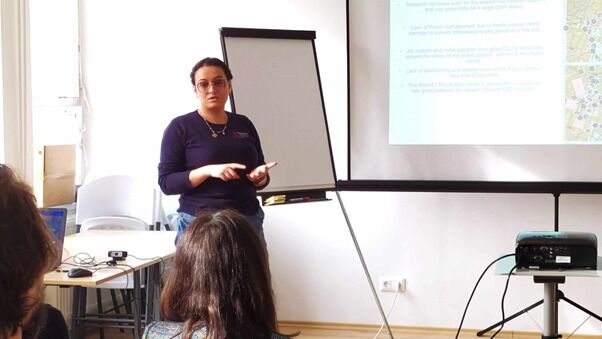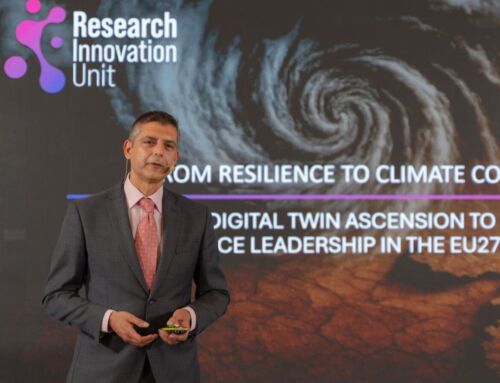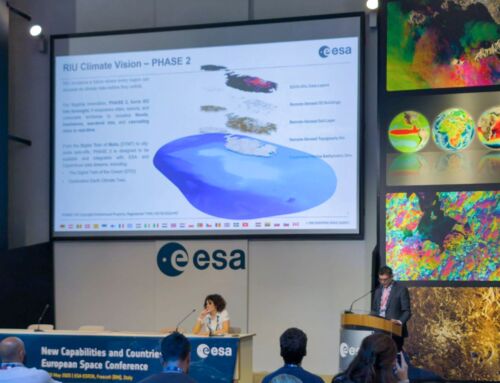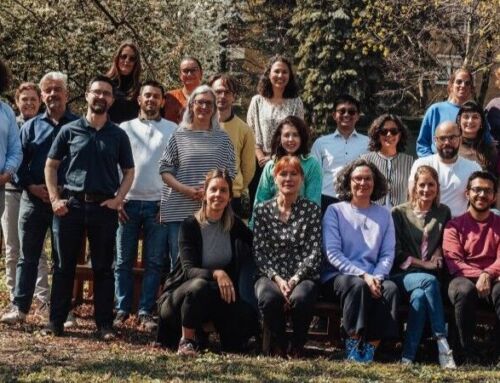Between the 6th and 9th of March, a member of the Research Innovation Unit attended the 3rd Progress Meeting of JUSTNature in Szombathely, Hungary.
Day 1
In the afternoon of the first day after the meet and greet, we kicked off by reviewing the progress of the project, what we accomplished and the problems that arose.
This was done through a dedicated presentation by all Work package leaders, and CIPELs called F*k up session. The aim was to review the failures from the previous 6 months, focusing on what we had planned but needed to be revised. Understanding the challenges and barriers we encountered helps us plan and understand our next steps.
The day progressed with presentations from WP8 on “Upscaling JUSTNature results” regarding business analysis and long-term business plans for the project and ending with WP9 presenting the “ Communication & Dissemination” strategy and result.
Day 2
The second day featured several topics, such as :
- Low Carbon/High Air Quality NBS potentials profiles & Scenarios(WP2)
- Setting up the monitoring and evaluation framework for NBs by combining principles of Sustainable-Circularity -Justice (WP3)
- Innovation practice results from the Cipels workshops and plans for the upcoming stakeholder workshops (WP4)
- Preparing NBS design and the implementation phase (WP5)
- Introducing digital twins (WP6)
Ultimately, 3 parallel sessions focused on administration and financial aspects, navigating and testing the digital twins and tailoring communication and dissemination strategies were held.
“To shape our cities and make them more sustainable and liveable for the community by ensuring a just transition to low-carbon cities through nature-based solutions”
Day 3
On the morning of 8th March, the consortium travelled to Szombathely to participate in the first Collaborative Cipel Workshop.
We started the day with WP7 presenting the framework of indicators for co-governance, followed by a small session with various partners where we shared ideas and discussed the mentioned indicators.
After this session, we went on two site visits to see the chosen pilot areas for Szombathely. The locations chosen are an elementary school courtyard and an empty plot along a canal, which will both see NBS implementation.
Day 4
On the last day, we paved the way for the first Collaborative CIPEL workshop. Each CIPEL gave a general update on how their first stakeholder workshop went. CIPELS had the opportunity to reflect on the barriers and share their experiences when engaging different stakeholders.

This project has received funding from the European Union’s Horizon 2020 Research and Innovation Programme under Grant Agreement No. 101003757

